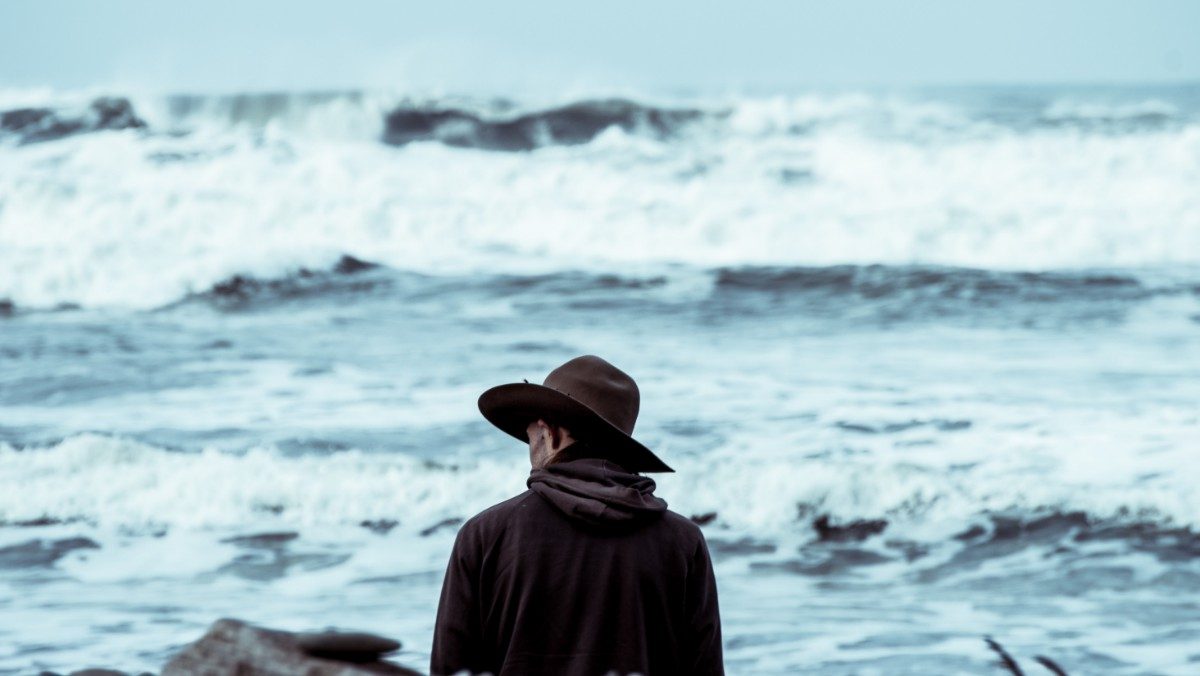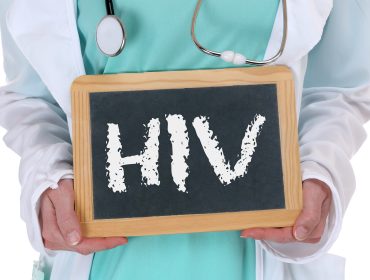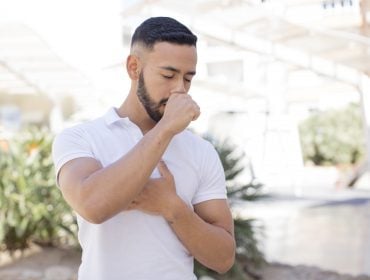My HIV Story: HIV is Transmitted Through Bodily Fluids, Not Indecency
“Have you ever thought what you would do if you were positive?” Brad, a volunteer from a local HIV treatment center, waited for my response. He looked anxious, I realized, because he was worried about me. Worried because a second red line had beaded together beneath the first. Worried because the test reacted to antibodies in my blood. Worried because my body was fighting HIV. Worried because I had HIV.
I understood his question, but I couldn’t answer. I couldn’t figure out how to speak. My chest crumpled into me; unable to expand, and although my heart kept beating, I didn’t feel it. I didn’t feel anything. I looked down at my hands resting on my knees. I tried to lift them. I couldn’t. I looked at Brad again. I wondered if the HIV center had trained him how to handle this—telling someone that they are positive.
I shook my head. No, I hadn’t thought about what I would do if I was positive.
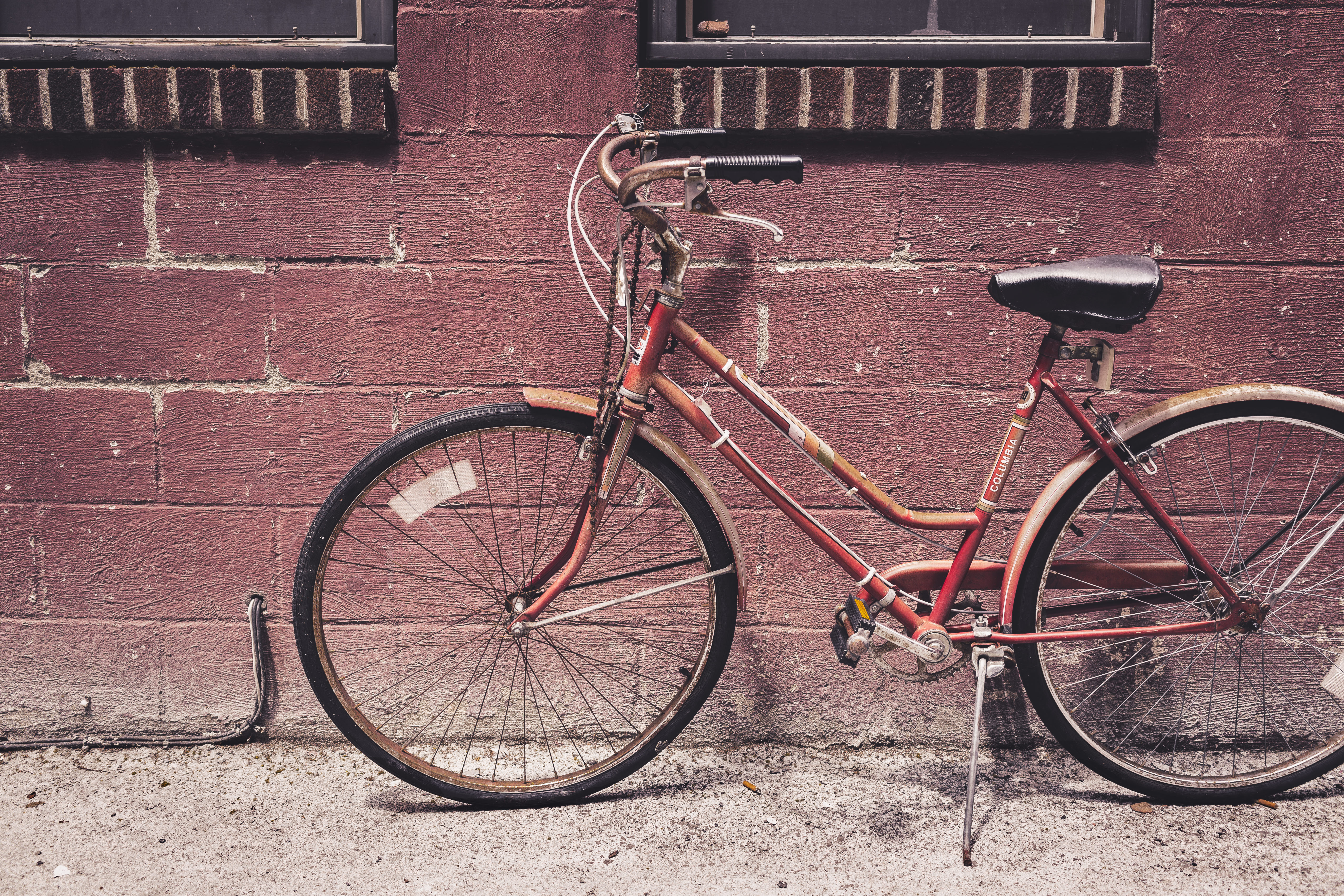
A woman from my state’s public health department had called me. The woman had a clipped, no nonsense voice, and after she verified my name and date of birth, she said I had been exposed to HIV and that I should get tested. I asked how she knew. She didn’t say. I asked when the exposure happened. She didn’t answer. Frustrated, desperate for some sort of context, I asked where it happened—Was this information passed to her from another county or another state? Still, she didn’t answer.
To this day, I don’t know how I contracted HIV. The only times I never used condoms was with serious boyfriends, and both of them—more than a year later—are still negative. Apart from my volunteer work in the ER—where I was always covered in nitrile, plastic and cotton,—, nobody had ever bled on me. The only condom break I experienced happened right after my fifteenth birthday, nearly a decade ago. I had blown guys without condoms. But at the time, I didn’t think you could get HIV from oral sex, so I was still clueless. Currently, my best guess is that I brushed my teeth too hard before a hookup, or maybe there was a cut I didn’t notice, and somehow, the virus entered via semen, past the tissue barrier of my mouth and into me. Still, that’s just a guess. I don’t know how, where, or who I was with when I contracted HIV. I doubt I will ever know.
Five days after that call, I sat there, looking at that second red line, tuning in and out to Brad. He said I needed to get on meds. “But how? With no money?”, I thought. He asked when I had my last negative test. The word “last” echoed in my head. Of course, I would never have a negative test again. He hugged me. He told me it wasn’t my fault. I wondered if that was true and decided that I didn’t believe him. Whose fault could it be if not mine? No one’s? Impossible. I stood and walked toward the door, but stopped when he grabbed my hand. He pressed his card into my palm and folded my fingers around it. He told me to text or call him later. I agreed. I thanked him, and I left.

The next few months passed with the same numbness I felt when talking to Brad. I contacted my local public health office and made an appointment with an ADAP case worker. She set me up with a specialist who put me on medication, and within a month, I was undetectable. The meds were working. I wasn’t going to die, but I certainly didn’t feel alive. I still didn’t believe Brad. I still blamed myself. I tried to figure out why this happened; if this was some sort of punishment, and if so, what I had done wrong.
I searched. I combed through articles on the CDC’s website. I scoured the pages of AIDS.gov. I checked out books from my library. I read what other HIV-positive persons wrote on POZ Community Forums. Slowly, I realized that when, somewhere along the line of history, persons stopped dying from AIDS, many persons in the United States stopped paying attention to HIV. With the possibility of death no longer imminent, persons no longer considered their risk. Comforted by the advent of AZT and its more effective, less destructive successors, we have found false shelter in egocentrically-constructed senses of invincibility, and from within this fabled security, we reason that persons living with HIV are not simply unlucky, but must lack integrity. We assume some part of their underlying moral structure must be damaged, and through this fractured probity, they contracted HIV.
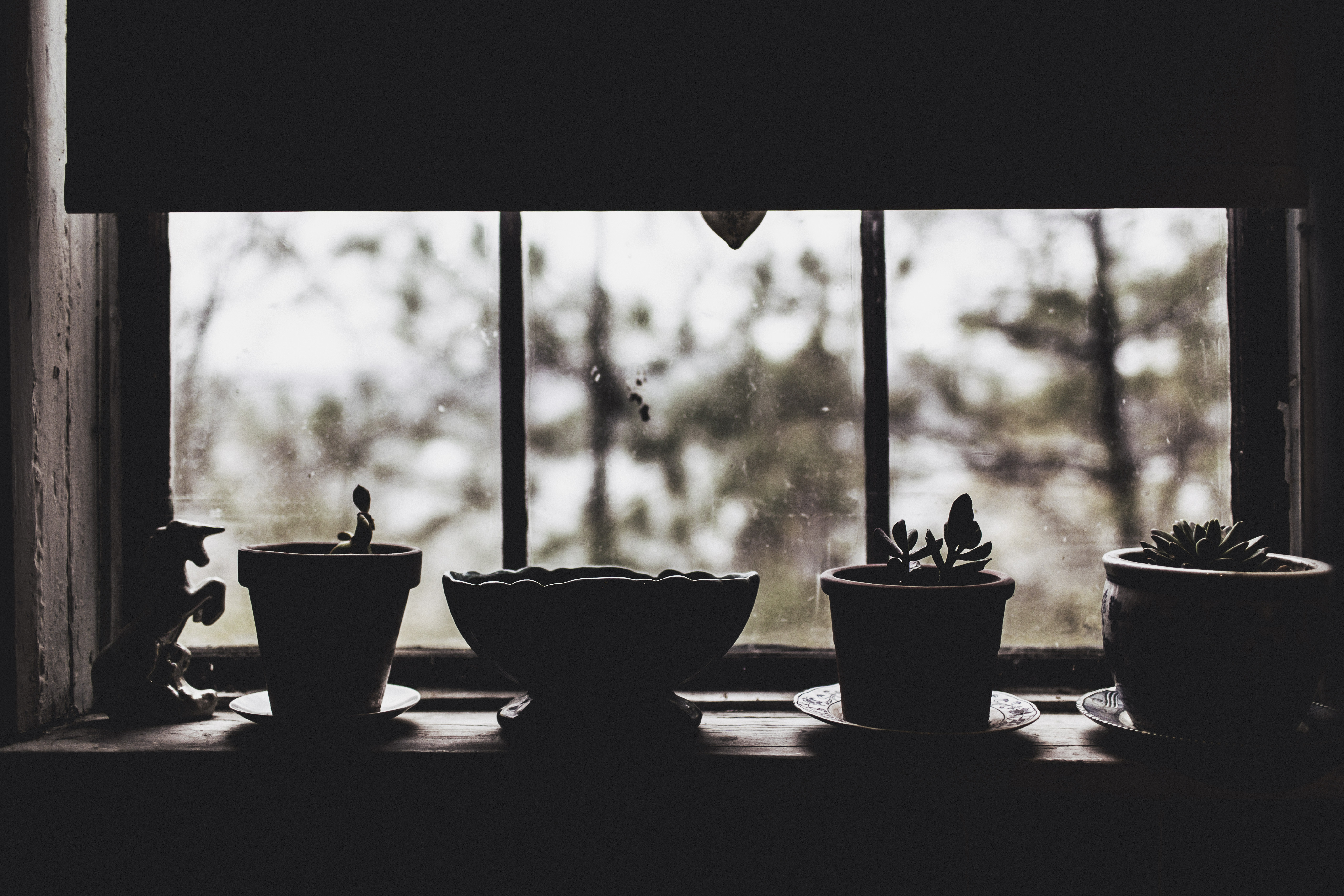
I regret that I thought most of these things. I embodied the belief that character, not chance or circumstance, determined a person’s HIV status. Then, with no discernible provocation, I became “they”, and “we” no longer included me. The way I treated others who were positive— with perfunctory rejection—no longer seemed justified; in fact, I felt chaffed, shunned, and ousted from a community that accepted me when all others deemed me debauched and perverted. The fact of the matter is that HIV is blind to virtue. It’s transmitted through bodily fluids, not indecency. HIV risk is moderated through informed decision making, the correct use of condoms, and properly administered prophylactics, not righteousness. Those who live with HIV are not sullied, and those who remain HIV-negative are not pure.
Over the course of my first year of being HIV-positive, I learned that HIV is not something to fear. The true danger lies in the prevalent perceptions of HIV. The stigma surrounding HIV—a stigma sustained without recognition of present societal contexts—perpetuates a system of ignorance, and in this ignorance, there is no protection. Decreasing the prevalence and incidence of HIV can only be achieved after persons accept that if they have sex—as most of us do—they are at risk; that if they are at risk, they should get tested; and that if they test positive for HIV, they’re no better, nor worse a person for it.
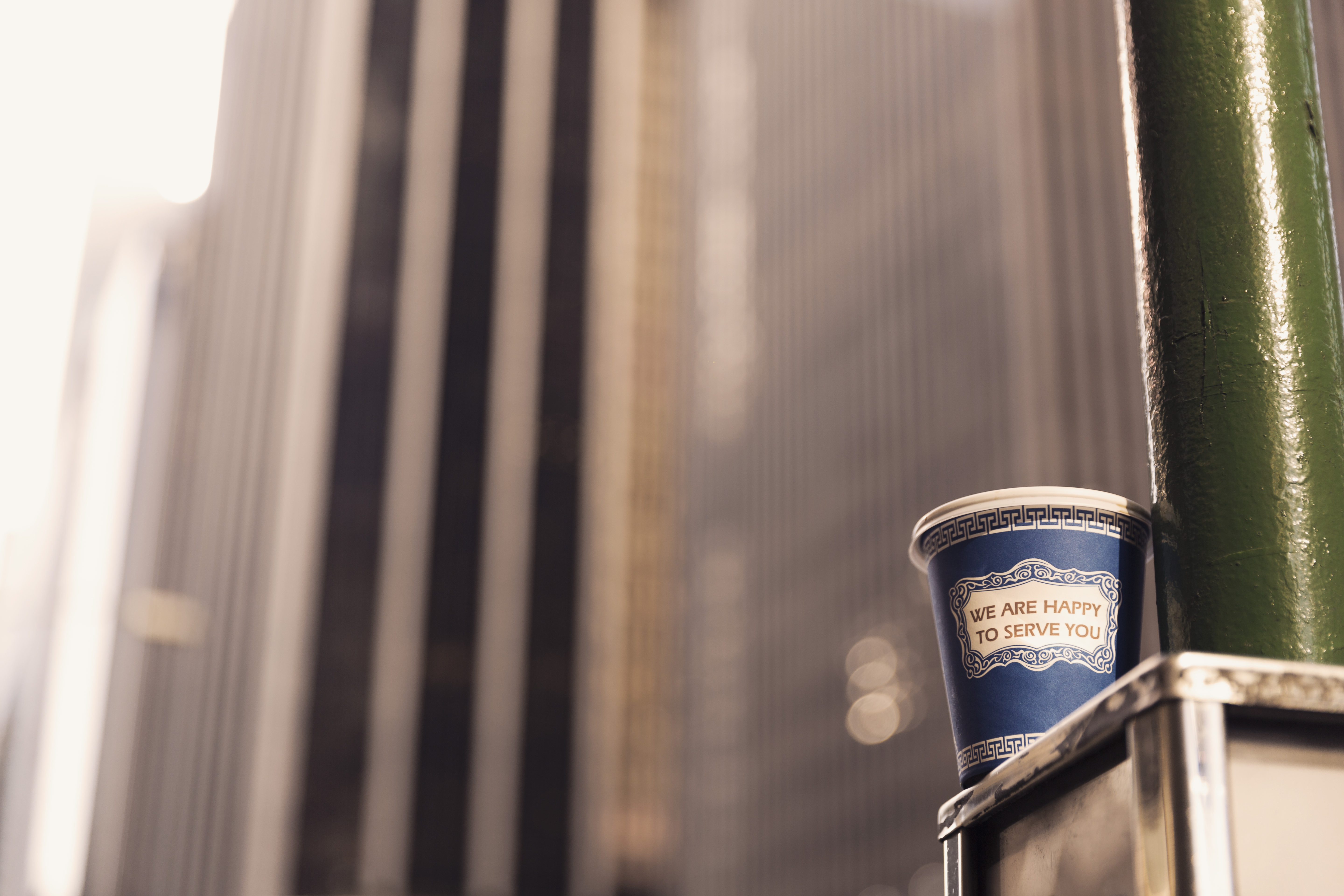
Contracting HIV made me question every assumption that led to my judgment of others. Being diagnosed forced me to see that HIV resists the simplicity of morality, of the dichotomy of good and bad, and in time, it deconstructed my convictions surrounding sexual health. Reflecting on my experience, I think that those who are not positive need to pursue this questioning. I ask that they consider how they perceive and interact with HIV-positive persons. I hope they learn how to protect themselves; how they can lower their risk. I want them to realize having an STI—HIV or any other—does not make a person dirty. I request that they stop thinking of themselves as “clean.” But, more than anything, I want them to think what they would do if they were positive.
Secure and Confidential
STD testing services
The fastest results possbile - available in 1 to 2 days


